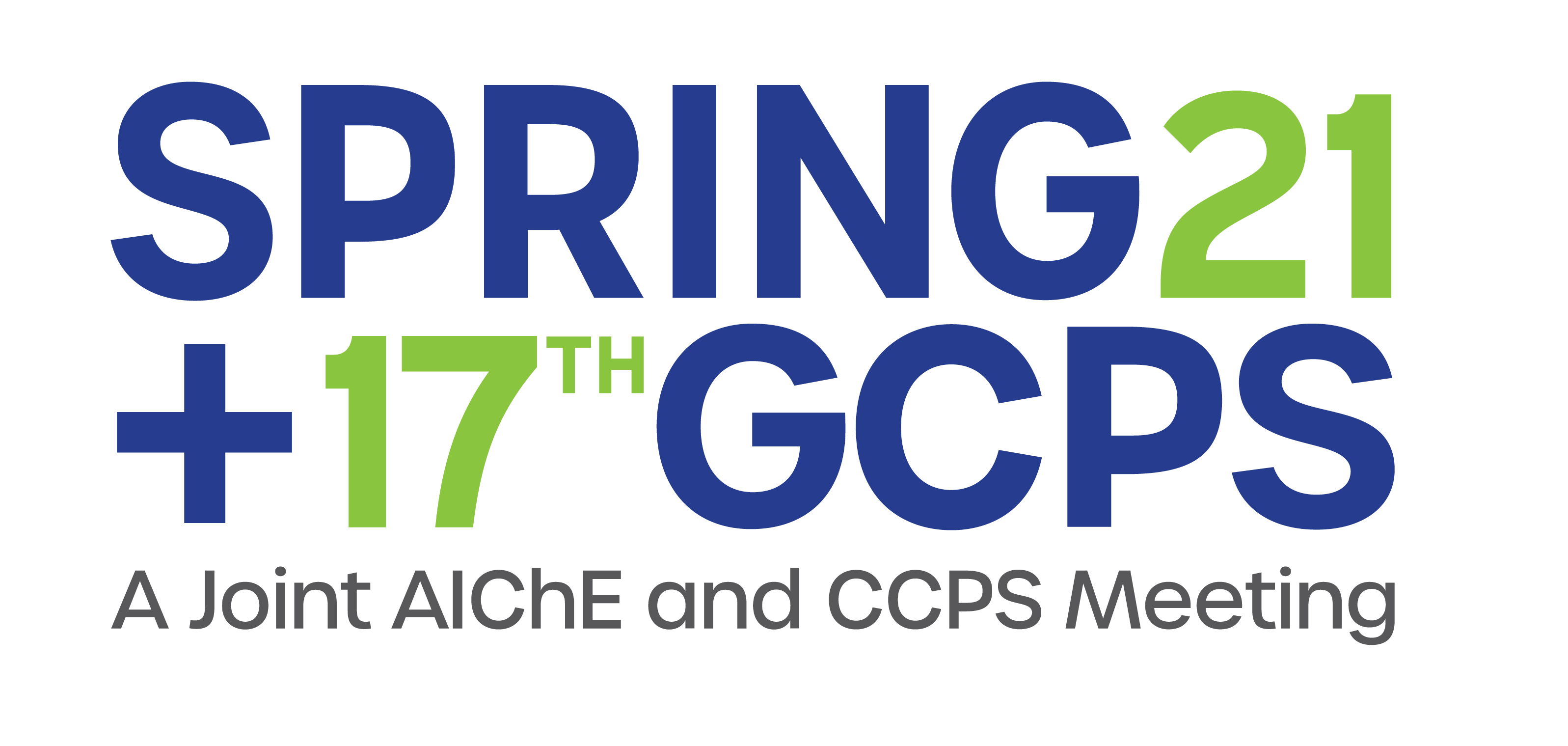

Historically, gas detector placement was performed by experienced designers using rules of thumb and judgment based on fundamental principles of gas cloud behavior. Unfortunately, designs using these approaches have been inconsistent and, in many cases, poorly performing. Historical data from the UK HSE shows that certain fixed gas detection systems routinely were only able to detect less than 70% of “major†gas releases. In the past decade, advances in computer modeling and 3D graphics has enabled the implementation of chemical process quantitative risk analysis (CPQRA) in the service of gas detection system design. The general process for using CPQRA to develop and verify a gas detection performance metric called coverage, which is essentially the fraction of the all release scenarios that are detected by a gas detector array, has been documented in the International Society for Automation (ISA) technical report ISA TR84.00.07 – Guidance on the Evaluation of Fire, Combustible Gas, and Toxic Gas System Effectiveness. This tutorial provides an overview level explanation of the workflow for the process of gas detection mapping, including the risk-based selection of performance targets and quantitative verification of the achievement of the coverage performance targets using dispersion modeling results and leak rate estimations that are similar to the proven approaches used in CPQRA. The tutorial goes through the entire process of gas detector placement for a sample facility where liquefied petroleum gas products are stored, beginning with risk assessment and going all the way through a completed gas detector layout.
Presenter(s)
Once the content has been viewed and you have attested to it, you will be able to download and print a certificate for PDH credits.
If you have already viewed this content,
please click here
to login.
